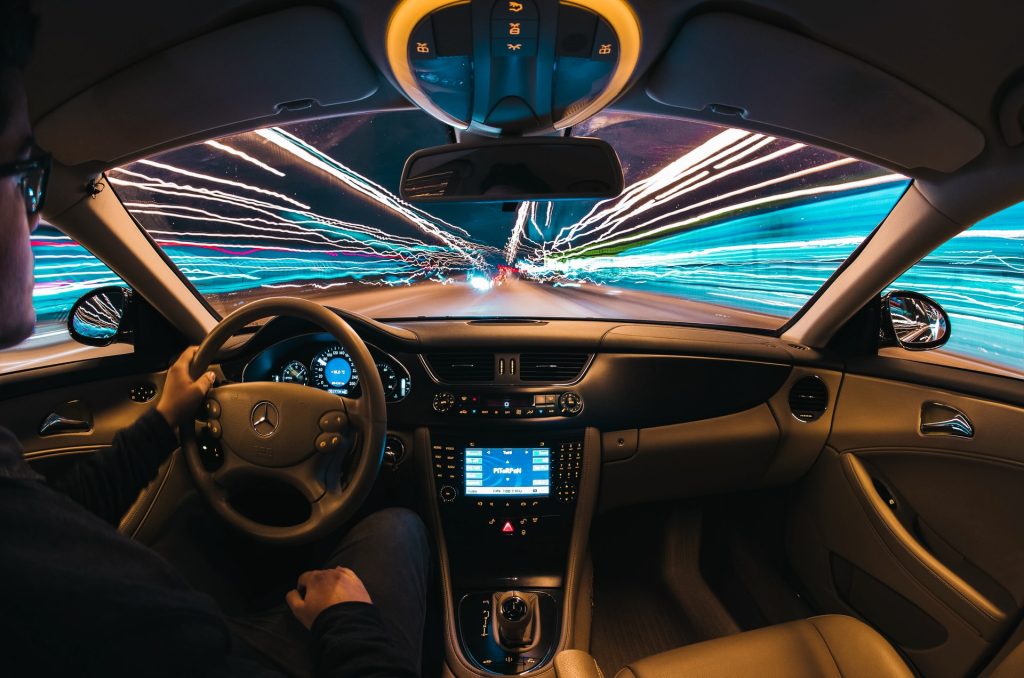Driving is an incredibly complex process, though people tend to get used to its complexity after a while. As is the case with any mentally taxing activity, emotions can have an enormous effect on your driving performance. Many Australian drivers have experienced a drop in their driving ability while they were in emotional states.
The real question is—How much do emotions affect us behind the wheel? Can getting emotional make you a worse driver? Which emotions are most detrimental when driving? Getting to the bottom of this topic may be difficult, but there are ways to determine the effects of emotions on drivers. Here are approaches to this topic.
Emotions as distractions
There have been many studies that show emotions can have a serious impact on driving performance. When a driver is in the midst of a high-intensity positive or negative emotional state, they experience a level of distraction that can rival using a cell phone. Even good, experienced drivers that keep things under control can experience this drop in performance.
This comes as a result of impaired observation and reaction times. Thinking about certain triggers that caused that emotional reaction is akin to being distracted by anything else that may impact driving performance. Risky maneuvers are more common in drivers that are impaired by emotions, and these drivers are less aware of other vehicles and obstacles on the road.
Road rage and driving performance
While not a leading cause of driving accidents, road rage has always been a major factor when it comes to issues while driving. Accidents caused by road rage often result due to brash decisions and overreactions. Over half of drivers report experiencing a form of road rage while behind the wheel. Though this also includes experiencing another individual’s road rage.
While road rage can come from experiences while driving, it can also be a result of other influential factors. The driver may be triggered by something that happened on the road; the main cause could be unrelated entirely. Getting behind the wheel after a heated argument or fight is not recommended. As anger and frustration make it more difficult to focus on the road ahead. At the same time, drivers that experience road rage may take it out on other drivers in the heat of the moment.
Keeping emotions under control
The first step towards improving the situation is recognizing that there is a problem in the first place. It should come as no surprise that many Australian drivers who experience worse driving performance due to emotional distress do not seek help, though some do. As emotions can lead to accidents and problematic situations, getting things under control is essential.
For drivers that are affected in this way, it’s recommended that they consult and visit a driving school. Even with a perfect grasp of driving techniques, there are other things that can be learned in these institutions.
Managing emotions while driving is one of them. The good news is that there are plenty of options to choose from. And many can help improve the situation for emotional drivers. Finding a driving school in Sydney, Brisbane, Perth, or any other city shouldn’t be a problem, and they can provide the counseling and training necessary to keep emotions under control. With the help of a few courses or sessions, a driver can learn to better manage emotional outbursts and maintain their driving performance during high-intensity situations.
Managing emotions regularly
It’s worth noting that high-intensity emotions don’t affect everyone equally. Individuals that are more susceptible to emotional reactions may have bigger problems when driving, while others may only be slightly affected. This can depend on other factors in their everyday life, and these factors can be managed as well.
While a driving school can improve driving performance in these situations, getting to the root of the problem is a more effective solution. Counseling and mental health assistance are always a good idea, even if an individual doesn’t have any notable problems that affect their driving. Consulting a psychologist and setting up sessions can do wonders for emotional stability. This can result in much fewer instances of emotional distress.
Conclusion
Emotions can have a massive impact on everything that we do. If you’ve ever tried to focus on a task under the effects of positive or negative high-intensity emotions, you would know how much it can impair focus. As driving is an incredibly demanding process, it’s no wonder that emotional distress can make someone a worse driver.
With this in mind, there are many ways to improve one’s ability to drive under this influence. However, people should still be mindful when they get behind the wheel after a particularly emotional situation. It could lead to accidents if they are not careful. Consulting a driving school is a good first step

